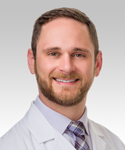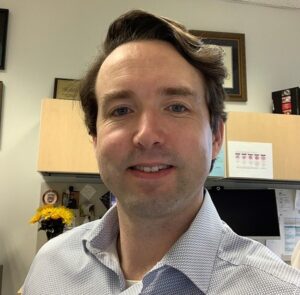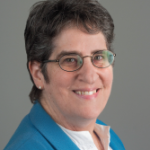What Will Change Your Practice?
Session moderator Michael Putman, MD, MSc, assistant professor of medicine at Medical College of Wisconsin, Milwaukee, asked speakers which presentations will change their clinical practice.
A better focus in geriatrics and rheumatology is something that Dr. Hannan said she will pay more attention to going forward. Several sessions addressed “geri-rheum,” as she called it, and she believes rheumatologists have a lot to learn from geriatric-focused colleagues.
Adam Brown, MD, a rheumatologist with the Cleveland Clinic, found clinical pearls in The Great Debate, which focused on belimumab vs. voclosporin and other new treatments for lupus nephritis. The debate, along with other sessions, is pushing Dr. Brown to use mycophenolate mofetil and other such medications earlier in the treatment of patients with lupus and nephritis.
“Now the standard will be mycophenolate and something else, I think,” Dr. Brown said. He was encouraged by the emerging number of treatments for lupus nephritis.
Dr. Anolik was encouraged by research presented at the meeting that focused on RA disease prevention—although it’s not quite ready for clinical practice. “There were a number of interesting presentations on RA and a great session about preclinical RA,” she said.
This included a presentation from Kevin D. Deane, MD, PhD, an associate professor of medicine, in the Division of Rheumatology and holder of the William P. Arend Endowed Chair in Rheumatology Research at the University of Colorado Denver. Dr. Deane addressed a stairway of pathogenic steps that lead to RA and where rheumatologists can intervene. A plenary session also addressed subclinical arthritis and pre-RA, she said.
Biggest Challenges Ahead
Dr. Putman asked speakers what they anticipate the biggest challenges are for rheumatology beyond COVID-19.
Equity and inclusion should remain a major focus, Dr. Lawson said, pointing to an abstract from Joyce Chang, MD, MS, Boston Children’s Hospital, that studied claims data and found significant and persistent disparities among outcomes in children with lupus. There should be more data on social determinants of health and increasing research study enrollment to include patients who look like the patients rheumatologists care for, even if the latter is a challenge, Dr. Lawson said.
Precision medicine is a major opportunity and challenge for rheumatology, Dr. Brown noted. “We can say to patients, ‘I have many medications, but I don’t know what will work for you,’” he said. As precision medicine develops, physicians can further focus on individual patients’ disease and treatment needs.




